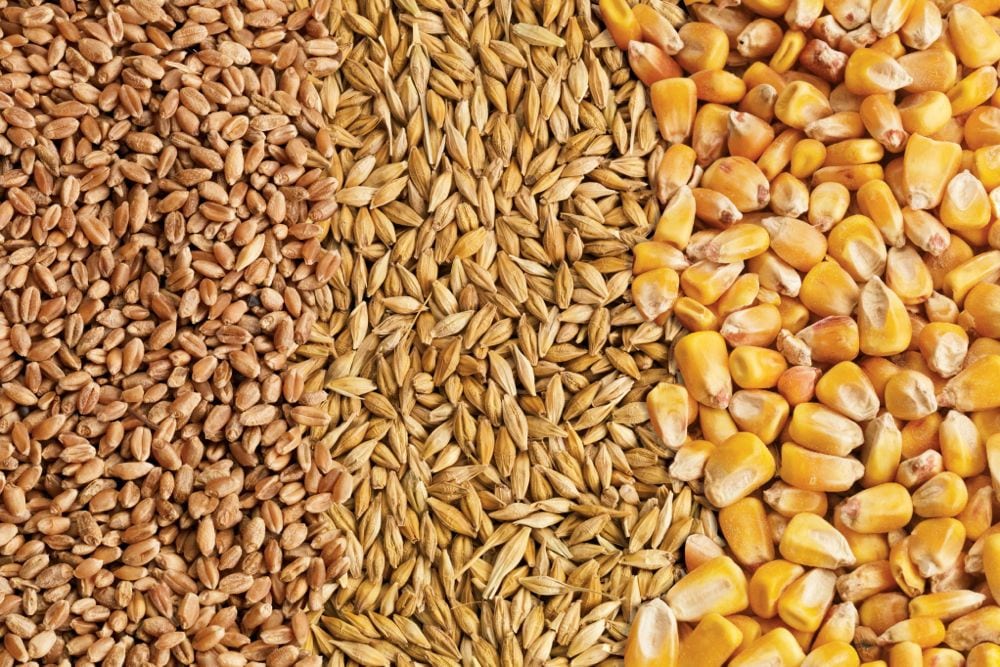Glacier FarmMedia | MarketsFarm — Feed prices on the Canadian Prairies have slipped over the last week and are poised to remain flat to the end of the year, said Darcy Haley, vice-president of Ag Value Brokers in Lethbridge.
“A week ago, July barley was $315 per tonne (delivered) and today (June 26) I’m struggling to get $300,” Haley said. “I do have offers at $300 and bids at $295 just for small tonnage because the position is pretty filled up.”
He added that August barley is also around C$295/tonne, while that for September through to December is going for C$290, down C$10 from last week. It was the same story for barley January through to March, losing the same amount at C$295.
Read Also

U.S. grains: CBOT soybeans, corn, wheat fall in USDA data aftermath
Chicago grains took a dive on Friday, following a closely watched U.S. government crop report and the release of export data that could provide clues into Chinese buying.
Corn prices were very similar, said Haley, citing those from July to September at C$292/tonne delivered with October to December at C$290.
The broker pointed to the one and a half to four inches of rain Alberta recently got as a reason why feed prices are lower. He also said the number of cattle at the feedlots are dwindling as there’s too much risk in acquiring replacement cattle.
“Wheat for feed is pretty much a dead duck in my world,” Haley said as there’s very little demand for it. He noted that corn is often substituted for wheat.
Haley said dry conditions through a large part of southwestern Saskatchewan could provide some support for feed prices, with almost no grass or hay available for livestock.
“But other than that, we’re probably in this funk for about four months,” he said.
“The farmer needs to continue to watch what corn is worth, because that’s going to tell you pretty much what your barley is worth,” he added.

















